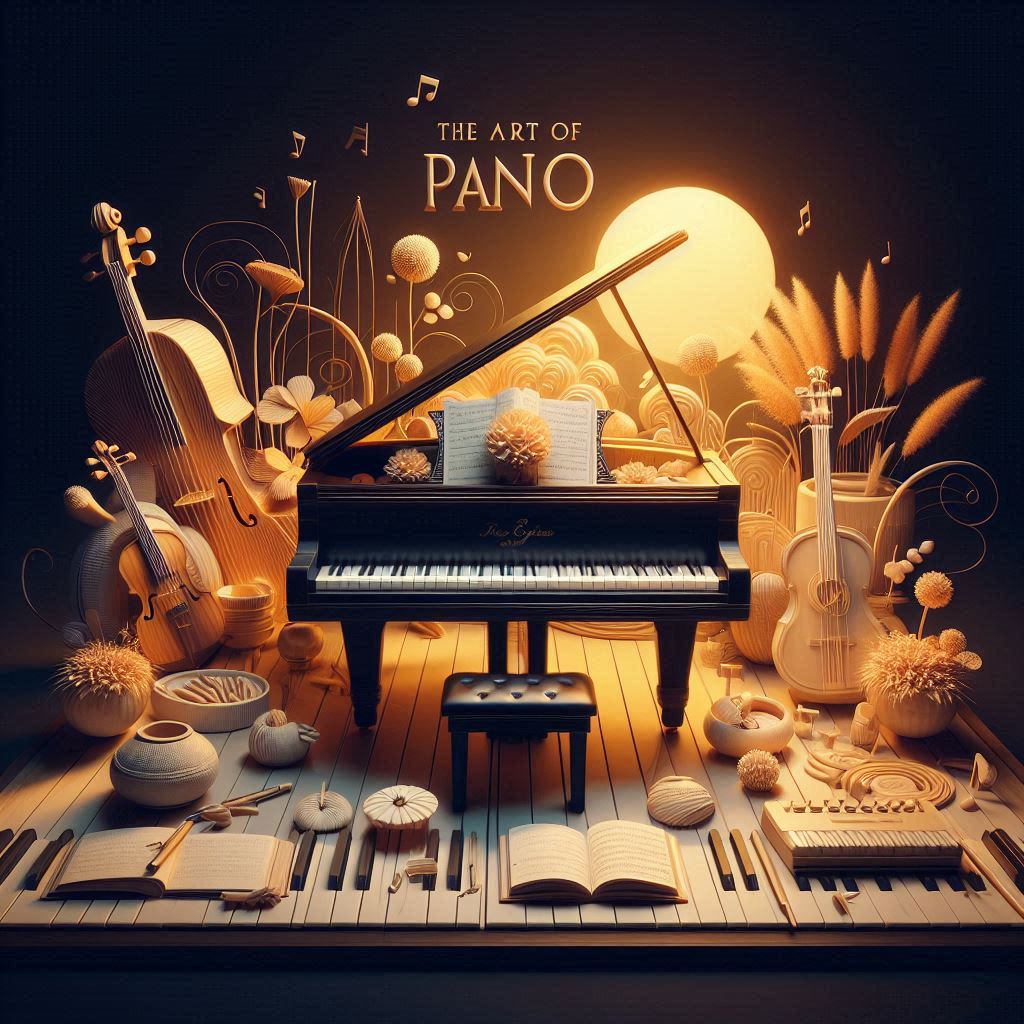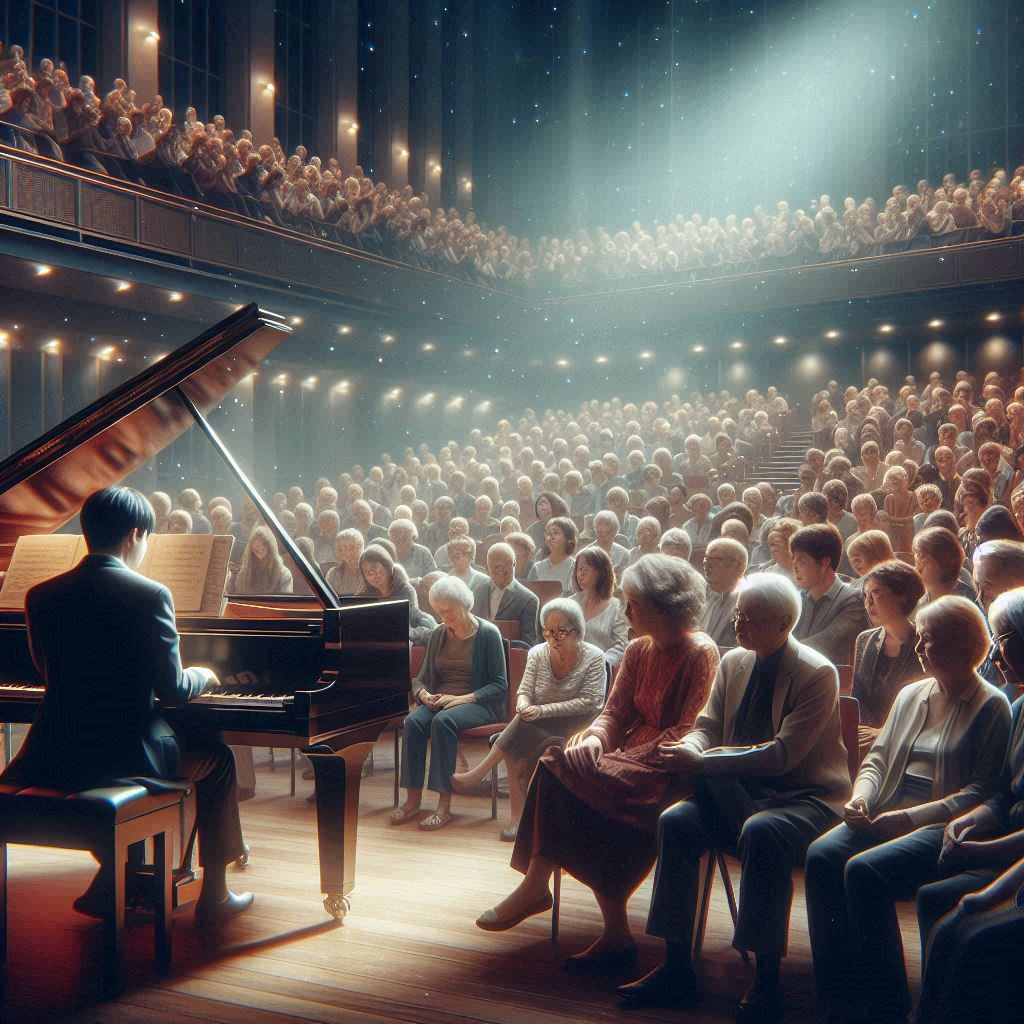Introduction
Singing competitions have become a defining feature of the modern music industry, captivating audiences worldwide and serving as a powerful platform for aspiring artists. These competitions have reshaped how talent is discovered and nurtured, offering unprecedented opportunities for individuals to showcase their abilities. This article delves into the multifaceted impact of singing competitions on the music industry, exploring their historical rise, global reach, and lasting influence.
The Rise of Singing Competitions
Historical Overview
Singing competitions have roots tracing back to early talent shows and radio broadcasts. Programs like “Star Search” in the 1980s set the stage for contemporary formats, but it was the advent of “Pop Idol” in the UK in 2001 that revolutionized the genre, spawning global franchises like “American Idol,” “The Voice,” and “X Factor.”
Popularity Surge in the 2000s
The early 2000s marked a significant surge in the popularity of singing competitions. Shows like “American Idol” became cultural phenomena, drawing millions of viewers and transforming unknown talents into household names. This period saw an unprecedented interest in music reality TV, fundamentally altering the entertainment landscape.
Format and Structure
Different Types of Singing Competitions
Singing competitions vary in format, ranging from solo performances to group battles. Popular formats include head-to-head eliminations, blind auditions, and live public voting. Each format brings unique elements that keep the audience engaged and the competition fierce.
Judging Criteria and Processes
Judging in singing competitions typically involves a mix of industry professionals and audience votes. Criteria can include vocal ability, stage presence, originality, and audience appeal. The blend of expert opinions and public input ensures a comprehensive assessment of the contestants’ talents.
Global Reach and Accessibility
Impact of International Versions
Singing competitions have transcended borders, with international versions of popular shows bringing diverse musical styles and talents to a global audience. These international adaptations have enriched the global music scene, fostering cross-cultural exchanges and broadening the reach of contestants.
Online Platforms and Virtual Auditions
The rise of digital platforms has revolutionized access to singing competitions. Virtual auditions and online voting have democratized participation, allowing contestants from remote locations to compete on a global stage. This shift has expanded the talent pool and increased inclusivity.
Talent Discovery and Opportunities
Launching Music Careers
Singing competitions have become a major gateway for launching music careers. Many successful artists, such as Kelly Clarkson, Carrie Underwood, and One Direction, owe their breakthroughs to these platforms. Winning or even participating in a high-profile competition can provide significant exposure and career opportunities.
Providing a Platform for Hidden Talents
These competitions have unearthed hidden talents, offering individuals who might not have had traditional access to the music industry a chance to shine. The platform democratizes the discovery process, allowing diverse voices to emerge and gain recognition.
Commercial Success
Chart-Topping Hits from Contestants
Contestants from singing competitions frequently achieve commercial success, with many releasing chart-topping singles and albums. These shows provide a ready-made fan base, marketing support, and industry connections that facilitate immediate entry into the commercial music market.
Endorsements and Sponsorships
Beyond record sales, singing competition alumni often secure lucrative endorsements and sponsorships. These opportunities can significantly boost their income and public profile, further establishing their presence in the entertainment industry.
Artist Development
Training and Mentorship Programs
Singing competitions often include intensive training and mentorship programs. Contestants receive coaching from experienced professionals, which can include vocal training, stage performance tips, and personal branding advice. This guidance is invaluable for developing a successful music career.
Exposure to Music Industry Professionals
These platforms provide contestants with exposure to key music industry figures, including producers, managers, and record label executives. This exposure can lead to valuable networking opportunities and potential collaborations.
Audience Engagement
Creating Loyal Fanbases
Audience engagement is a cornerstone of singing competitions. Interactive elements such as live voting, social media interactions, and fan clubs help build a loyal fanbase. This engagement extends beyond the show, supporting the contestants’ post-competition careers.
Interactive Voting Systems
The integration of interactive voting systems allows audiences to actively participate in the competition’s outcome. This engagement fosters a sense of investment and connection with the contestants, driving higher viewership and loyalty.
Economic Impact
Revenue Generation for the Music Industry
Singing competitions generate significant revenue for the music industry. From advertising and sponsorship deals to merchandise and concert tours, these shows contribute to the economic vitality of the entertainment sector.
Impact on Local Economies
Hosting singing competitions can also boost local economies. Auditions, live shows, and related events attract tourism, create jobs, and stimulate local businesses, providing economic benefits to host cities and regions.
Cultural Influence
Diversity and Representation
Singing competitions often celebrate diversity and representation, showcasing contestants from various backgrounds and cultures. This inclusivity promotes a broader understanding and appreciation of different musical traditions and styles.
Influence on Music Trends and Genres
The influence of singing competitions extends to music trends and genres. These shows often spotlight emerging musical styles, contributing to their mainstream popularity and shaping the broader music landscape.
Criticisms and Controversies
Authenticity and Artistic Integrity
Critics argue that singing competitions can compromise authenticity and artistic integrity, prioritizing marketability over genuine talent. There is concern that the commercial pressures of these shows may stifle artistic creativity and originality.
Psychological Impact on Contestants
The intense competition and public scrutiny can have psychological impacts on contestants. High-pressure environments, coupled with the highs and lows of public opinion, can affect their mental health and well-being.
Technological Advancements
Use of Social Media and Apps
Technological advancements have played a significant role in the evolution of singing competitions. Social media platforms and dedicated apps enhance audience interaction, provide additional content, and create new revenue streams.
Integration of Augmented Reality (AR) and Virtual Reality (VR)
The integration of AR and VR technologies is transforming the viewing experience. These innovations offer immersive and interactive elements, keeping audiences engaged and providing new ways to experience performances.
Case Studies
Success Stories of Famous Contestants
Many famous artists have emerged from singing competitions. For instance, Kelly Clarkson, the first “American Idol” winner, has become a global superstar. Similarly, One Direction, formed on “The X Factor,” achieved international fame and success.
Failed Promises and Lessons Learned
However, not all contestants achieve lasting success. Some struggle to transition from reality TV fame to sustainable music careers. These cases offer valuable lessons about the challenges and uncertainties of the music industry.
Future of Singing Competitions
Evolving Formats and Innovations
The future of singing competitions lies in continuous innovation. New formats, interactive elements, and technological advancements will keep these shows relevant and engaging for future audiences.
Predictions for the Next Decade
Over the next decade, singing competitions are likely to evolve in response to changing audience preferences and technological developments. Predictions include more personalized viewing experiences, greater integration of AI, and increased focus on global talent.
Impact on Traditional Music Pathways
Shifting from Traditional Audition Processes
Singing competitions have shifted the traditional audition process, offering an alternative pathway to success. This shift challenges the conventional methods of talent discovery and opens new avenues for aspiring musicians.
Changing Dynamics in Music Education
The popularity of singing competitions has also influenced music education. Aspiring artists now seek skills and training that align with the demands of these platforms, leading to changes in music curricula and teaching methods.
Sustainability and Longevity
Long-term Career Management
For lasting success, contestants need effective long-term career management. This includes navigating the post-competition landscape, building a sustainable brand, and adapting to industry changes.
Adapting to Changing Music Consumption Trends
As music consumption trends evolve, so must the strategies of singing competition alumni. Staying relevant requires adaptability, innovation, and a deep understanding of the shifting dynamics in music streaming and digital distribution.
FAQs
How do singing competitions impact the music industry?
Singing competitions impact the music industry by discovering new talent, generating significant revenue, and influencing music trends and genres. They provide a platform for aspiring artists and create opportunities for commercial success and audience engagement.
What are some famous singing competitions?
Some famous singing competitions include “American Idol,” “The Voice,” “X Factor,” “Pop Idol,” and “Britain’s Got Talent.” These shows have produced numerous successful artists and have become cultural phenomena.
How do contestants benefit from participating in singing competitions?
Contestants benefit from participating in singing competitions through exposure, training, and networking opportunities. They gain valuable experience, build fanbases, and have the chance to launch successful music careers.
What are the criticisms of singing competitions?
Criticisms of singing competitions include concerns about authenticity and artistic integrity, the psychological impact on contestants, and the commercialization of music. Some argue that these shows prioritize marketability over genuine talent and creativity.
How have technological advancements influenced singing competitions?
Technological advancements have influenced singing competitions by enhancing audience interaction through social media and apps, integrating AR and VR for immersive experiences, and providing new platforms for virtual auditions and online voting.
What is the future of singing competitions?
The future of singing competitions includes evolving formats, increased use of technology, and a focus on global talent. Predictions for the next decade involve personalized viewing experiences, AI integration, and continued innovation to engage audiences.
Conclusion
Singing competitions have left an indelible mark on the music industry, transforming how talent is discovered and nurtured. From launching successful careers to shaping music trends and generating economic benefits, these competitions continue to evolve and adapt to changing times. As we look to the future, singing competitions will likely remain a vital and dynamic part of the musical landscape.



